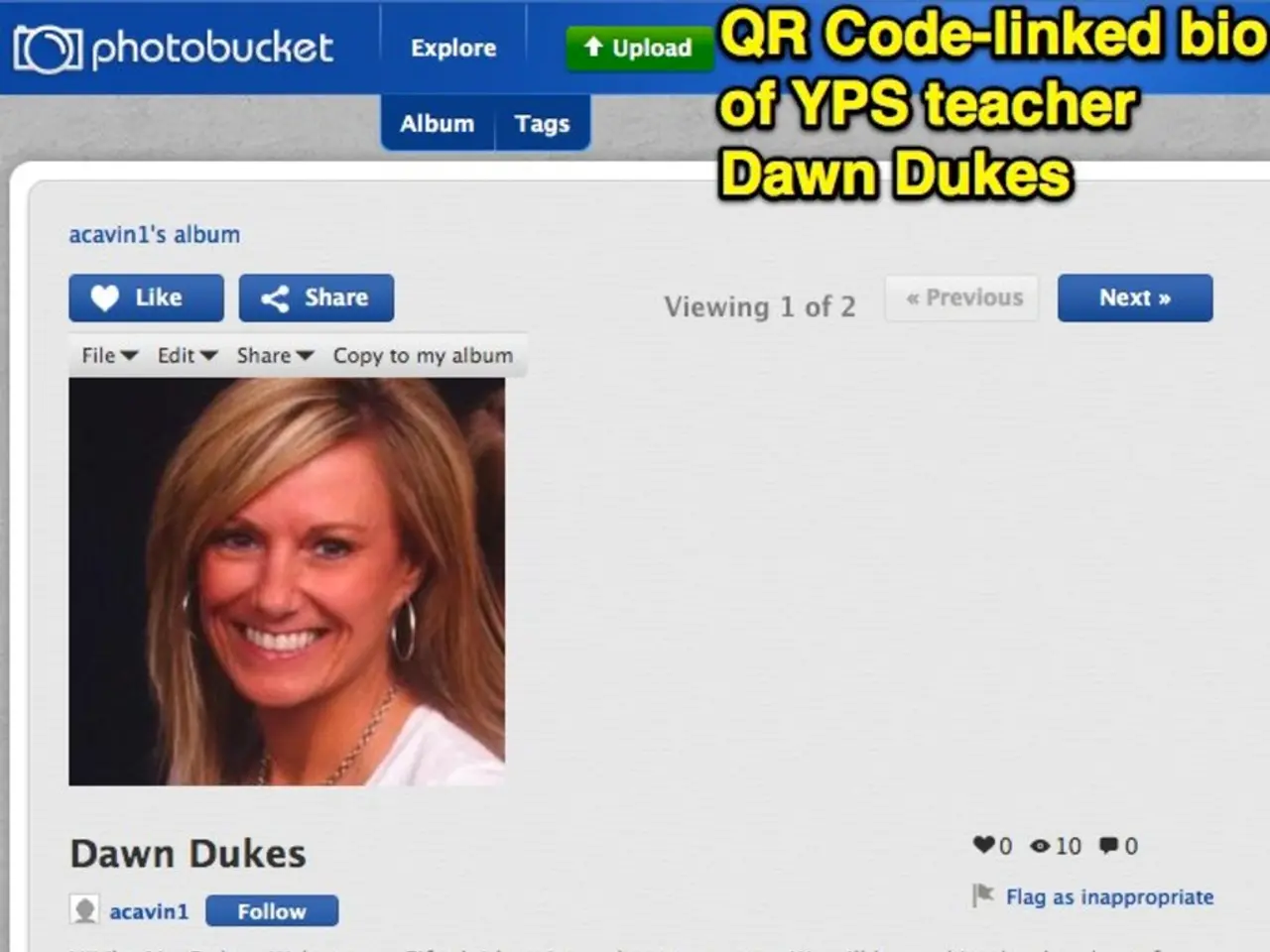The Impact of Social Media on Divorce Proceedings
========================================================================================
In the modern digital age, social media has become a significant factor in divorce and child custody cases, serving as a rich source of evidence regarding parenting behaviour, financial honesty, and character.
One of the primary concerns in such cases is the potential revelation of hidden assets or sources of income. Photos and posts showcasing luxury purchases, vacations, or expensive activities can contradict claims of financial hardship and reveal a lifestyle inconsistent with declared finances during asset division and alimony deliberations.
When it comes to child custody disputes, courts closely examine social media for signs of poor judgement, substance abuse, neglect, or instability. Posts depicting alcohol or drug use, unsafe supervision, or negative comments about the other parent can potentially reduce custody or visitation rights.
Moreover, a parent's lifestyle and behaviour, as portrayed on social media, plays a crucial role in assessing the best interests of the child. Even seemingly innocuous posts can harm a case, suggesting neglect or irresponsibility.
Given these potential risks, family courts routinely accept social media evidence, and parties are advised to use social media cautiously. Avoiding posts about legal matters and maintaining privacy settings are essential practices. Deleting posts during litigation can be viewed as evidence tampering.
In California, having a trusted divorce attorney like Attorney Taylor B. Warner, a California Bar Certified Family Law Specialist at The Law Office of Taylor B. Warner, APLC, is essential when facing dissolution. The Law Office of Taylor B. Warner, APLC, based in the Inland Empire, can help approach divorce with a focus on the future.
It's important to remember that online privacy is an illusion, as anything posted online can be accessed by anyone. Friends, family members, and even ex-partners can access and share posts without consent. Therefore, it's crucial to be mindful of the potential risks and exercise discretion when using social media during divorce proceedings.
[1] Social Media and Divorce: What You Need to Know [2] The Impact of Social Media on Divorce [3] Social Media and Divorce: What You Need to Consider [4] How Social Media Can Affect Child Custody [5] Social Media and Divorce: The Proof is in the Post
- In the context of family law, carelessly sharing details of financial matters on social media could inadvertently reveal hidden assets or sources of income, which may impact asset division and alimony deliberations.
- During child custody disputes, social media can reveal signs of poor judgment, substance abuse, neglect, or instability that could potentially affect the outcome of the custody or visitation rights negotiations, as the courts closely examine these platforms for such indicators.








